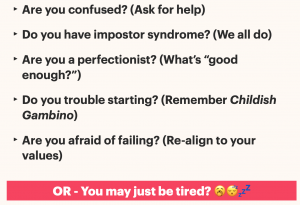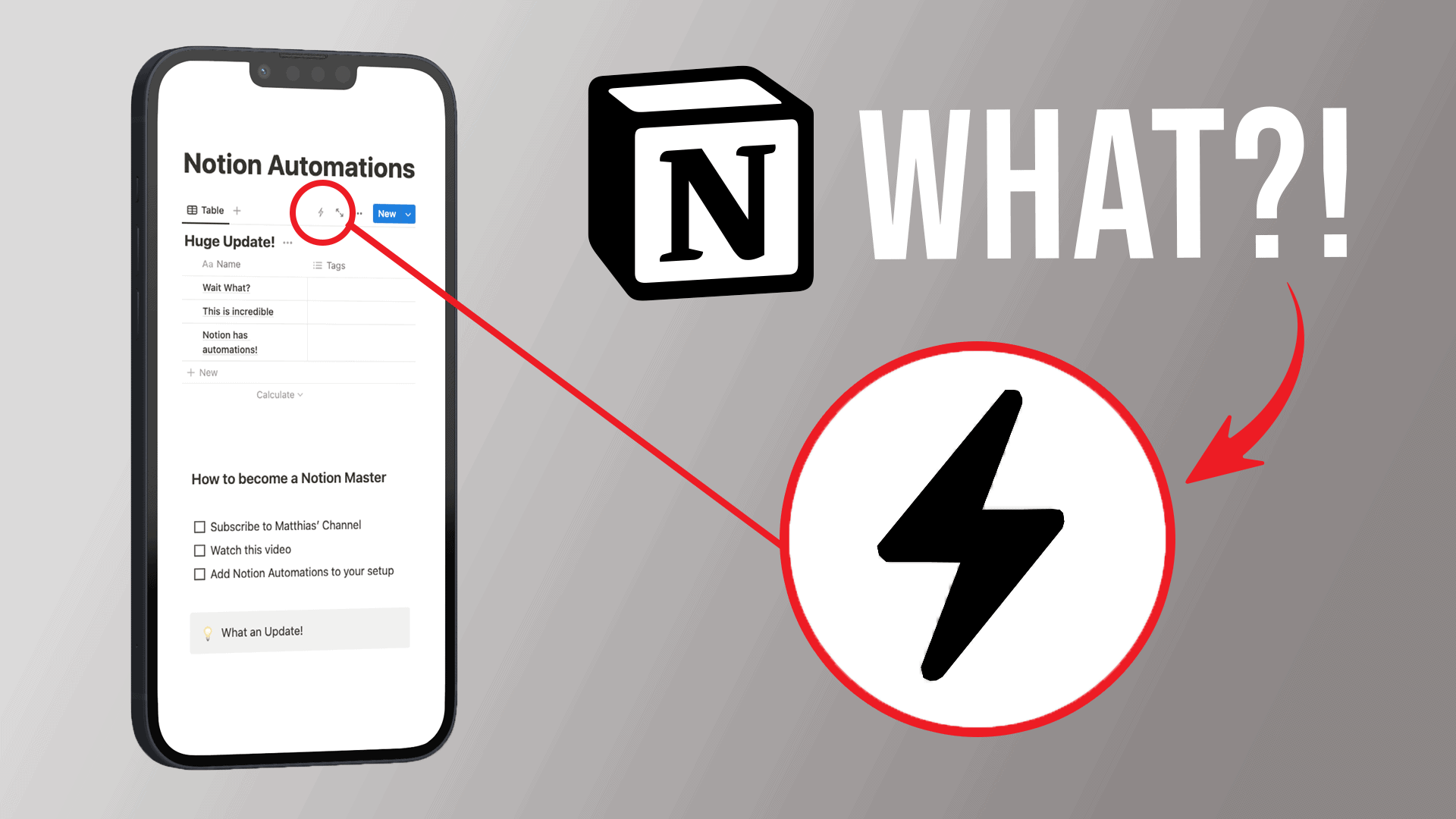This is a slightly different post than the usual ones – it’s more of a stream of thoughts related to a video by Ali Abdaal. He is one of my go-to youtubers & makes my list of favorite things on the internet. Usually, he has some great tips on how to lead a more productive life – and this time, he had some cautionary tale in this context. The text will have a lot of links, as I wanted to keep this one quick – I’ll write about it in more depth in the future.
If you haven’t seen it, here’s the video I’m talking about:

The video is a MasterClass in Introspection – here’s why:
Ali starts the video talking about how for the past weeks, the things he once enjoyed (filming videos for example) have become a burden. He then goes on to talk about the increasing resistance towards all the things on his schedule and the continuous feeling of being unhappy at the end of the day. And about his revenge bedtime procrastination. And about the feeling of time just flying by.
From there, he starts to analyse the root causes that he believes have attributed to this slump and how he intends to address them. His 3 problems were:
- Falling into the trap of outcome goals
- Ignoring your mental state, solemnly prioritising long term benefits over what you want in the moment
- Very busy calendar
Outcome Goals
His monologue is simply a great reminder that rational knowledge ≠ internalised position.
Knowing something isn’t the same as living it. And something like focusing on your systems & inputs instead of on outcomes that are not within your control is not a one time thing to check off, it’s rather a continuous process of adjusting your expectations and fighting off bad behaviours that our socialisation, environment or brains try to push on us
Ignoring your Mental State & sacrificing happiness for your future
A question that I personally struggle a lot with too – how to you balance ambition & good decisions for your future self with being happy in the present? Closely related to the If-Then-Trap, you kind of lose the point of why you do these things in the first place. A bit like the fishermen story, a bit like forgetting your why and lastly a bit of “work is replacing religion as the one and only lighthouse”
It also feels like he accidentally stumbled over a great theme for his book.
Very busy calendar
Reminds me immediately of the Maker vs. Manager schedule – if you want to do creative things, then you need to protect your time in a very different way than a manager. The problem with all these calls is also a great example for the saying:
We are kept from our goal not by obstacles but from a clear path to a lesser goal
Taking calls and helping others 1 on 1 is great and if seen in isolation a good thing. But if it distracts you from the things that actually move the needle for you, even a good thing can be problematic.
Very interesting in this context is also the case for leverage or “one to many” – how can you take these activities and scale them to make a better use of your time while keeping the benefits for others? Here’s some more to read on that.
Enough
Lastly, he was talking about the difficulty of accepting your day’s work. I’ve done enough. I’ve worked well. I have resistance here too. You could always do a bit more. Knowing “enough” is hard.
Plus, becoming more productive is fine and a worthwhile endeavour in itself, but it also means pushing your own personal goalpost of “enough” continuously. The reward for doing more work is usually: more work.
One way to keep this in check could be to apply a legal concept used to make decisions under uncertain conditions: who needs to prove what? And in turn, what’s my “base line decision” if I remain uncertain?
In our case, do I need to prove to myself that I’ve done enough? If you have problems with working at all, if you actually do waste a lot of time and need to get going, then yes: you need to prove to yourself that you’ve actually done enough today and it’s now okay to take a break.
But if you’re in a similar situation to Ali, then it’s reversed: breaks are now the rule and working more becomes the exception that needs good arguments. So from now on, it’s: do I actually need to work more? And the arguments for it better be good.
Some more thoughts of mine & related readings:
Khe Hy has some great follow up questions to investigate resistance:

I’ve also had several periods where time just flew by and I even caught myself in the moment thinking: let’s just get this over and then on to xyz. While there are some occasions, where that might be justified – what a horrible thing to do with your time. Just waiting for time to pass?
David Perell has a great piece on that: Don’t kill time
What has helped me in these periods is to sit down at night and write down one thing that happened that day (preferably a nice, good thing – even if it’s as small as eating ice cream) and at the end of the month, go through that list and replay the month in my mind.

